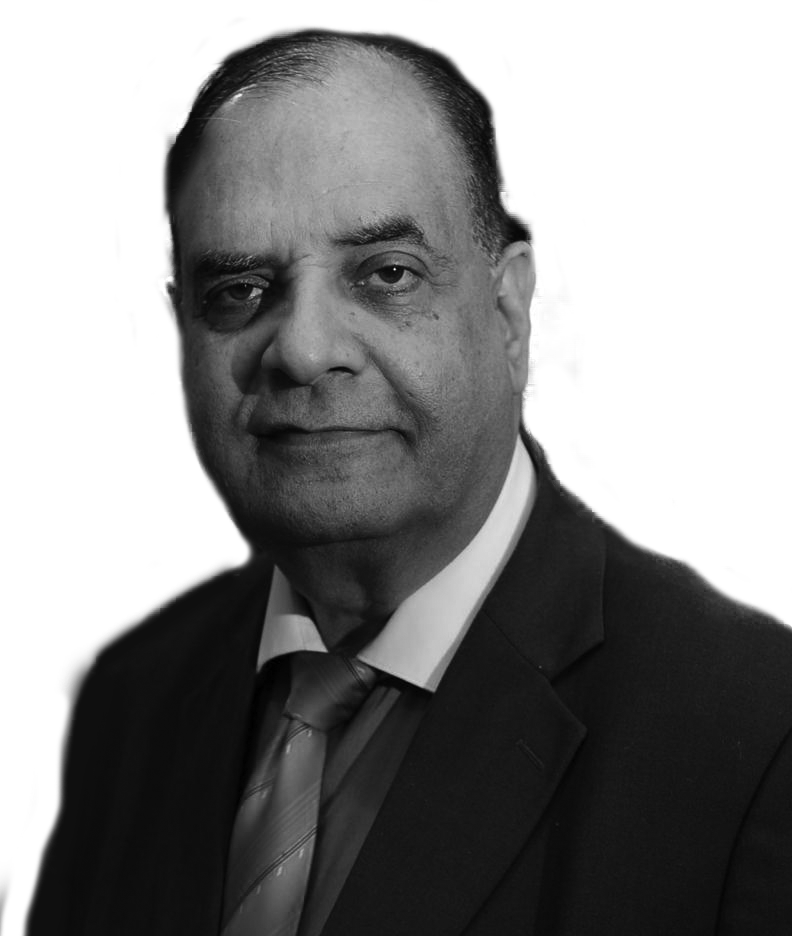As we remember Atal Bihari Vajpayee’s birthday on 25 December, the question that comes to mind is, the party whose foundations were built on Vajpayee’s austerity and sacrifice and his favourite leader Narendra Modi, how far they are able to make Atalji’s dreams come true. This is what every family expects from its descendants. After listening to Vajpayee in the 1957 Lok Sabha elections, the country’s first Prime Minister Jawaharlal Nehru had expressed the hope that the then young Jana Sangh leader would one day lead the country. This came true nearly three decades later. In 2001, Atalji considered Narendra Modi to be capable of leadership, despite having no experience of any position of power, but dedicated to the organization, society and nation. Hence, the steps taken by Narendra Modi—who became the Chief Minister of Gujarat and then the Prime Minister in 2014—need to be viewed in terms of how much he has been able to fulfil the dreams of Atalji, the principles of the Sangh-BJP and the promises made to the people.
We need to first know a few things about Atalji’s mind, thoughts and behaviour. My first acquaintance with Atalji happened in 1972, when I was a correspondent with Hindustan Samachar. The Jana Sangh’s number one MP was a senior leader with very simple and affectionate behaviour, apart from being an intense orator. At the time he lived at 1 Feroz Shah Road. Coincidentally and fortunately, I lived in one part of my Ujjain Rajya Sabha MP, Sawai Singh Sisodia’s bungalow at 5 Windsor Place (now the Women’s Press Club) on the other side of the road. In those days, it was a bit difficult to get in touch on phone. So whenever I got the chance, I got the opportunity for long discussions with Atalji over tea. It was more interesting to listen to his views than keeping track of the latest news. Atalji, wholly associated with the Rashtriya Swayamsevak Sangh and the Hindu philosophy, had full respect for those who disagreed with him. It can also be called a coincidence that in those days, after four to five bungalows, senior Congress leader Dr Shankar Dayal Sharma lived. Nearby stood the office of a leader of the Communist Party of India. Having the background of Madhya Pradesh, I got the benefit of understanding many internal equations of opposition politics from Dr Sharma and from Atalji and incorporating such understanding in journalism.
How many “colours of politics” have been seen in these fifty years? The idealist Dr Shankar Dayal Sharma did not accept becoming the Prime Minister in 1991, but Atalji and Narendra Modi became the Prime Ministers and achieved historic successes. In 1993, I had a long conversation with Atalji for a chapter of one of my books, “Rao Ke Baad Kaun”. He said, “I have waited a long time. I also doubt that I can handle such a huge responsibility. I admit that I am also incapable of employing any means to remain in power.” In his acceptance speech, there were sound ideals and values of life. That’s why, first he had to run a coalition government for 13 days, then 13 months and later for 5 years as Prime Minister. But he gave a new direction to the politics of power. Having worked for years among volunteers, workers and the general public, he understood the problems very well. That’s why he laid the maximum emphasis on programmes of development of rural urban areas along with education and health facilities by laying a network of roads. He started the implementation of schemes like communication, power generation with nuclear tests, and allowing new TV news channels in the news media. Despite the communist ideology and strong stance against Pakistan’s terrorism and attacks, he made every effort to improve relations with Pakistan and China. Despite the Lahore bus travel, he was cheated by Pakistan. Yes, he definitely got the credit for defeating Pakistan in Kargil. His successor Narendra Modi followed the same path and succeeded in giving a befitting reply to not only Pakistan, but also China on the borders.
Not only this, Modi has fulfilled the dream of Atalji, who struggled to liberate Kashmir from Parliament to the road from Article 370, to build a grand temple in Ram Janmabhoomi, Ayodhya. Similarly, in order to realise Atalji’s dreams of communication facilities, comprehensive changes in socio-economic life of the rural people, PM Modi has put in place many programmes in seven years inspired by Atalji and the vision of Antyodaya inspired by Pandit Deendayal Upadhyay.
Similarly, Atal Bihari Vajpayee continued to try to take steps for comprehensive economic reforms
The writer is executive director of ITV Network-India News and Dainik Aaj Samaj
PM Modi is making Vajpayee’s dreams come true
इस शब्द का अर्थ जानिये
- Advertisement -

